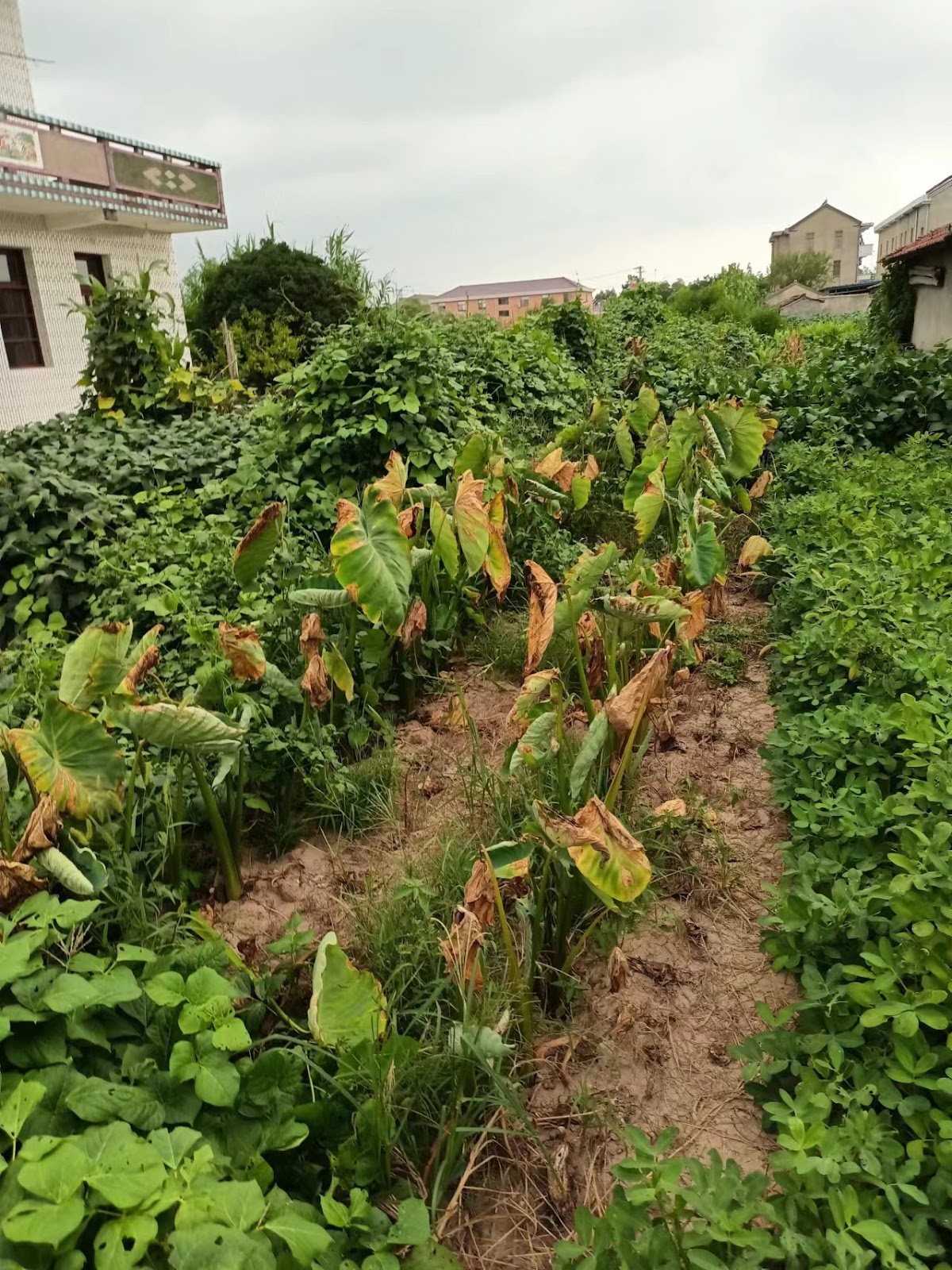Living with heat: how the marginalized communities in Jiangsu survive in extreme weather
Stories from those caught in the middle of the extreme summer heat in Jiangsu, China.

BY RAINA YANG
Heat waves impact the lives of millions in Jiangsu, China. But the elderly and farmers are hit especially hard by this phenomenon.
Countries across the globe have experienced an unusually hot summer with Europe, Asia, and parts of the United States being the most strongly affected by the summer heat and resulting drought. According to NASA’s earth observatory, temperatures were “well above ordinary” and heat waves have caused thousands of heat-related deaths.
The water level of reservoirs and rivers that drive hydroelectric plants are at historically low marks. The Chinese government has responded to the extreme weather by issuing policies to restrict electricity usage throughout the country, shutting down factories and limiting civilian’s electricity use.
The extreme heat paired with minimal rainfall triggered droughts throughout the southern areas of China. Jiangsu province is among the areas most heavily affected by the severe heat waves.
Shi, a 75-year-old retired woman living in Nanjing, recounted that “the last time it was this hot was back when [she] was still a teenager.”
This sentiment was reaffirmed by her husband, Li, who shared an anecdote about the abnormal weather.
“Back when electricity was inconsistent we kept candles just in case,” Li said. “I remember one year when I was younger it was so hot that the candles started melting. Even then the heat only lasted for one or two days. I still keep candles with me out of habit and they haven’t melted for decades but they melted this summer and now they’re a pile of soft wax on my shelf.”
Although the government policies preserved public necessities in the face of the summer heat , the quality of life of citizens decreased drastically for certain groups.
“Nobody goes outside unless they need to, and I don’t know how to use a smartphone. The heat made socializing non-existent for people like me,” Shi said.
Although the issue of socialization for China’s aging population affects millions, it is easily overlooked.
While the issues people in metropolitan areas face are primarily social, those living in rural areas feel a greater physical and environmental stress due to this unusual weather.
“The crops need more water than usual and I’m old so I can’t water them fast enough, the corn all died and the taro’s leaves are withering,” said Shen, a farmer in Haimen in Jiangsu province. “I water everything once every single day but it looks like that’s still not enough to keep some of them alive.”
Meanwhile, a farmer named Yuan who is from an adjacent village said that the ditches on his land which he uses to breed fish had dried up during the heatwave.
“There’s only really thick mud on the bottom of the ditch and half of my fish died,” he said. “When I try to get water to water my crops I cannot get water from the ditches, I have to get water from the well. But the well is very far away from the land and I have to walk half an hour to carry a bucket of water from the well to my land. I just stay home now and accept that all the money I spent to buy seeds is wasted.”
For farmers like Yuan and Shi who depend on manpower and water sources to maintain their crops, the heat is deadly. This sudden change in weather has ruined the livelihoods of these farmers.






